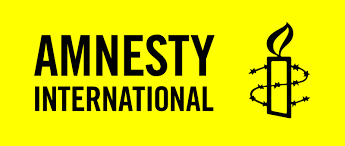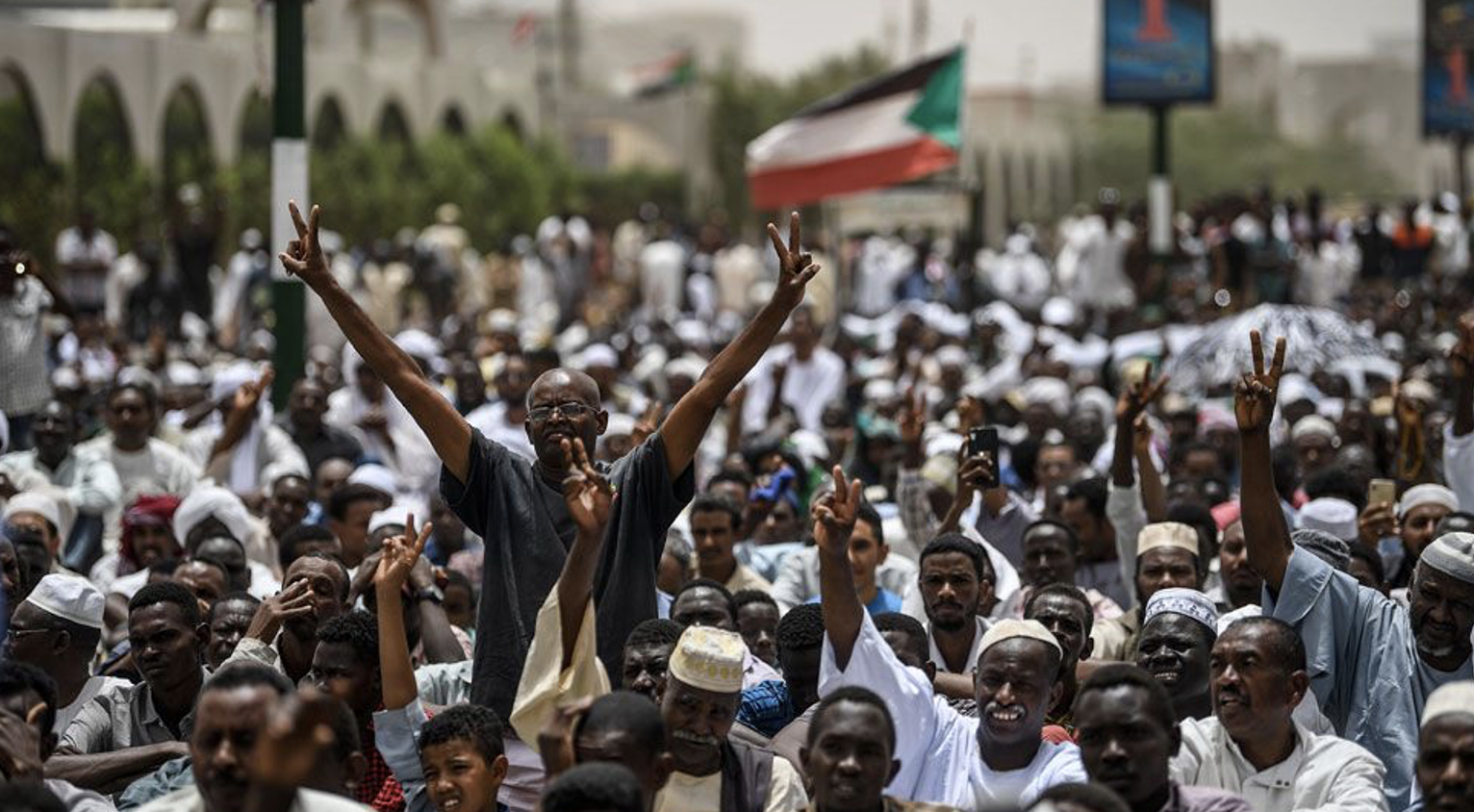An overview of Sudan’s Humanitarian Crisis: A Call for International Action
AUTHOR: Tanaaz Shahariyar
Sudan is a country steeped in a complex history, fraught with tensions and is currently grappling with a dire humanitarian crisis that demands global attention. From political instability to severe human rights violations, the Sudanese people are facing unprecedented challenges.
Historical and Geopolitical background
Sudan’s history is marred by a series of coups and human rights abuses and underscored by political instability. The rise of the Rapid Support Forces (RSF) and the Sudanese Armed Forces (SAF) under leaders Mohamad Hamdan Dagalo and Abdel Fattah al Burhan respectively, have perpetuated a legacy of violating international and human rights laws with the Sudanese people bearing the weight of this violent and bloody legacy.
As Tigere Chagutah, Amnesty International’s Regional Director for East and Southern Africa notes, “Civilians are suffering unimaginable horror every single day, paying the price yet again in this latest escalation of extreme violence.”
The roots of the ongoing crisis can be traced back to December 2018, when massive protests erupted due to a severe economic crisis, which later led to the then President Omar Al-Bashir being overthrown.
The 2019 Transitional Government:
Following the protests, a transitional government, known as the Transitional Military Council (TMC), was formed in April 2019, with Burhan as President and Dagalo as Vice President. Then, on June 3, 2019, the TMC violently attacked peaceful protestors in Khartoum, resulting in over 100 deaths and 700 injuries. Hopes for a new era of peace shattered. Since then, there has been a regression in human rights, including internet shutdowns, attacks on media, and excessive use of force against peaceful protestors.

Protesters demanding the military hand-over power to civilian authorities, after Omar Al-Bashir was overthrown. (Source: BBC News)
Ongoing Conflict Since April 2023:
As of April 15, 2023, conflict erupted in Khartoum between the SAF and the RSF, resulting in widespread displacement, civilian casualties, and reports of sexual violence. Heavy weapons, including artillery and tanks, are being used in densely populated areas, causing substantial harm to civilians. As of July 23, 2023, over 2.6 million individuals have been internally displaced, and more than 750,000 sought refuge in neighbouring countries.

